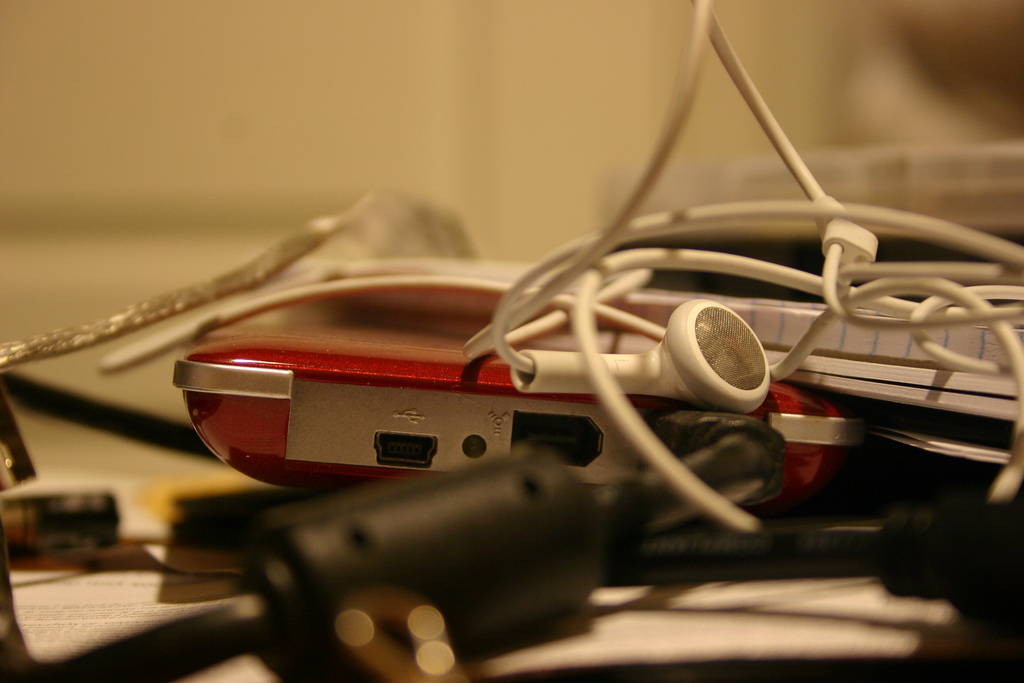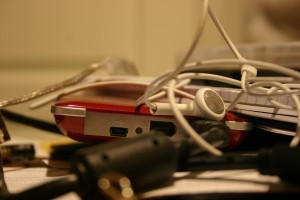
Modern living has plenty of advantages, for certain. The pace of life is faster than we have ever been used to, with our schedules having gotten easier than ever to manage and pack and fill. Stress is certainly a byproduct of this modern lifestyle, of course, and as such we have had to adapt to any number of sources of this stress. Getting by in the modern age has called for us to learn as much as we can about juggling the tasks we cover in a day, as well as find a healthier lifestyle to balance things out in general.
It might seem counterintuitive to consider, but one of the sources of stress is actually the clutter in our day-to-day environments. Even the home, which is expected to be our haven from the stress-causing aspects of the world, is not immune to this. Neither is the workplace, which is supposed to be a venue for us to be validated for our abilities and capacities. Indeed, clutter in these places can often take what should be an empowering, nurturing environment and twist it into something messy that makes us feeling overwhelmed and anxious. Clutter, in a very real way, can affect how we see ourselves, not least through how it affects how we see our workplaces and our homes.
There are many ways that clutter raises our stress levels – both a little and a lot at a time.
- • Practically speaking, clutter is frustrating. When a workplace or room that is supposed to be orderly and neat isn’t, it’s harder to find things, and sometimes when you finally locate the stapler it becomes sheer hell trying to dig out the box of staple wire. Keys, both solo and on more visible key rings, get swallowed whole by the clutter on the desk. When we can’t get work done because we can’t find the things we need to do the work with, clutter is getting in the way of our accomplishing much – and the feeling of something so insignificant having such a profoundly problematic effect is difficult to put up with.
- • Clutter represents work that is undone. At the very least, it’s the work of putting things in order that we obviously have yet to complete – and this only escalates when the clutter actually, literally is made up of work items that haven’t gotten addressed. That book you meant to read. The notes you were supposed to arrange and compile. All of this is very visually accessible – and unavoidable, in most cases – to you even when you think you’re just sitting there looking at it, making the nagging sensation of guilt and feeling trapped more and more clearly felt as time passes.
- • Clutter demands attention. This is attention you could and perhaps should be paying to other things like the actual task at hand. If you’re not sure how this applies to you, consider every time that you’ve been unable to summon the will to get started because you’re so distracted just looking at the mess. It’s a train wreck that you can’t help but rubberneck to see – and you’re in the middle of it. Clutter triggers your senses and overwhelms them with so much stimuli – especially if it’s your belongings all around you, stuff you recognize – and keeps you from focusing on actual tasks by making you focus on it. This includes getting in the way of creative and analytical thinking by occupying the brain space usually allotted to those aspects of thought. It’s thus more difficult to actually relax, whether physically or mentally. Fortunately, even given its power over us, clutter is easier to deal with in many ways than our other stressors on a daily basis – work or relationships – and as such, there’s a lot you can do to make things better.
- • Practicality is also the solution to a problem that gets in the way of practicality. Consider that one reason you HAVE clutter is because you need certain things to be more accessible – which is why you leave them out all the time. Identify these regular-use things and set a space for them that are easier to get to. However, make these spaces “closed” spaces, i.e. behind doors and in some form of storage, so that the problem of overwhelming visual stimuli doesn’t arise.
- • Get rid of the following things: what you don’t use, what you don’t need, what you don’t want. It can be more difficult than you think! This can be in the form of recycling, repurposing, donating, or outright tossing the item in question. Particularly rare-use items (that nevertheless actually see use, and aren’t just being made to “wait” until conditions are “right” – like that shirt that’s too small for you unless you lose twenty pounds) can go in storage. Consider, though, revisiting this storage space after a year so you can consider getting rid of whatever it was (that you survived a year without anyway).
- • Simply putting items back in storage after being done with them can work wonders to prevent clutter from accumulating. This is the oldest trick in the book but it’s one of the hardest to master because it requires commitment. Part of this, taking it to another level, is decluttering a workplace before leaving it – of course you’re tired at the end of the day, but clearing things and putting things away allows your workplace to welcome you properly at the start of the next one, rather than being a reminder of how much of a mess yesterday was.
Do not let the clutter stress you out and be stress free. Be clutter free with these simple tips and live a stress free life.






